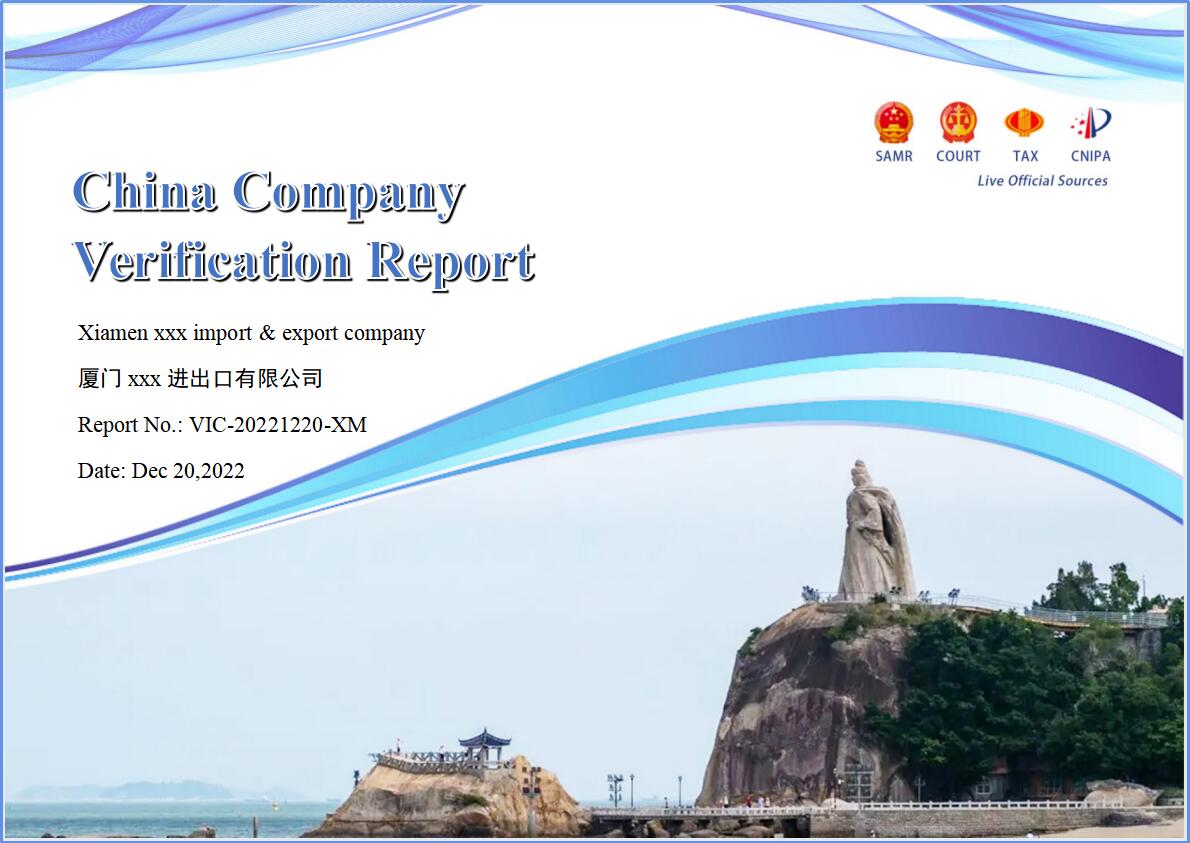Jiuquan, formerly known as Suzhou, is a prefecture-level city under the jurisdiction of Gansu Province and an important node city and provincial sub-central city of the Gansu section of the Silk Road Economic Belt approved by the Gansu Provincial People's Government. By November 2020, it has jurisdiction over 1 district, 2 county-level cities and 4 counties, with a total area of 192000 square kilometers. According to the data of the seventh population census, as of 0:00 on November 1, 2020, the permanent resident population of Jiuquan City was 1055706.
Jiuquan is located in the northwest of China, the northwest of Gansu Province, the western end of the Hexi Corridor, bordering Zhangye City of Gansu Province and Inner Mongolia Autonomous Region in the east, Qinghai Province in the south, Xinjiang Uygur Autonomous Region in the west, and Mongolia in the north. It has been a traffic fortress to Xinjiang and the western region since ancient times, the cradle of modern aviation, the birthplace of the new China's petroleum and nuclear industry, and an important new energy base in the country.
Jiuquan, one of the four counties in Hexi in the Han Dynasty, is an important town on the Silk Road. It is named after "there is a spring under the city" and "its water is like wine". Jiuquan is the hometown of Dunhuang art and has created a splendid history and culture. At the same time, due to the movement of nature and human activities, it has created strange and magnificent natural beauty and magnificent human landscape. It has successively won the honorary titles of China's famous cultural tourism city that has influenced the world, China's most internationally influential tourism destination and so on.
Jiuquan City has Dunhuang Mogao Grottoes, Anxi Suoyang City, Jiuquan Park, Dunhuang Yadan National Geological Park and other tourist attractions.
Minimize the Risk and Scam
Within 2 Working Day
$ 135 USD
